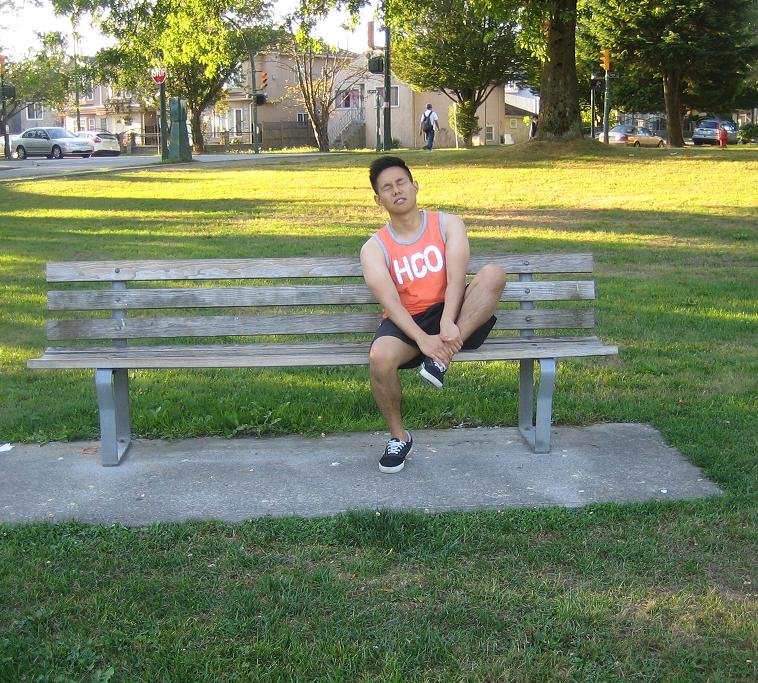The plantar fascia is a thick connective tissue that is responsible in connecting the toes and heel. It becomes inflamed due to stress that is placed on the arch of the foot. Injuries that happen in this region can cause soreness or inflammation in the connective fibers. Plantar fasciitis is a condition that involves plantar fascia rupture caused by flexing or over-extending any areas of the connective plantar tissue. Athletes, old people and those who have foot abnormalities such as flat feet or high arches are susceptible to plantar fascia rupture due to the weak connective fibers.
Causes of plantar fascia rupture
- Engaging in recreational activities or exercises can cause plantar fascia rupture such as aerobics and even ballet dancers.
- Occupation activities that requires extensive use of the feet such as military personnel or field workers wearing certain types of boots.
- Physiological conditions such as pregnancy due to the sudden weight gain. This results to wear and tear of the tissues in the body.
- Wearing the wrong foot wear such as those that are ill-fitting, wrong size and with poor arch support.
- An abnormal and improper way of walking such as walking with feet inverted.

Treatment and home remedies
- When there is intense pain, instruct the individual to rest in order to minimize strain placed on the plantar fascia. Sit or lie down and elevate the foot for several days.
- Avoid over-exercising and minimize the distances being run or walk or simply engage in a low-impact activity such as swimming or cycling in order to minimize strain on the plantar fascia.
- Apply an ice pack on the affected area for 20 minutes at least three times every day. Another way is place a few ice cubes in a towel and apply it on the affected area. An ice compress helps in minimizing the pain caused by the rupture.
- Perform ice massage by freezing a paper cup filled with water and then roll it over the affected area at least 5-7 minutes. Regular ice massage helps in minimizing the pain and inflammation.
- Take the prescribed over-the-counter anti-inflammatory medication such as ibuprofen, naproxen or aspirin since these helps lessen pain.
- Wear orthotic support such as an arch support in order to help provide comfort to the foot when walking.
- Use a night splint in order to keep the ankle in a neutral position while sleeping.
- Maintain a healthy weight in order to minimize the stress placed on the plantar fascia.
- Avoid wearing high heels. Stick with shoes that have low to moderate heel with good arch support and shock absorbent.
- Avoid walking barefoot. Always wear slippers on hard surfaces.
- Avoid wearing worn-out athletic shoes. It is vital to replace old shoes after about 500 miles of use.
- Perform regular stretching and strengthening exercises of the Achilles tendon and plantar fascia in order to increase their flexibility.
FACT CHECK
https://www.healthlinkbc.ca/health-topics/hw114458
